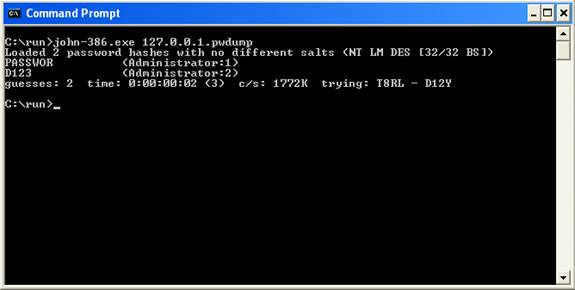
Stop 600+ tracking attempts in an average browsing session. We believe what you browse & search online should always be private. In incognito.
PCMag reviews products, but we may earn affiliate commissions from buying links on this page. Some might say the internet was built on anonymity, paving the way for a place where free speech reigns supreme. But after years of learning about who's snooping into everything we do online, privacy on the web is a more popular topic than ever. But it's not just about government spying; it's also about how much big companies like Google, Facebook, and Microsoft have collected in order to serve up targeted ads. There are always going to be good reasons for people to go online without being tracked. It may be the only way for a real whistle-blower to get by now, considering how some have been treated.
Is it even possible to take control of your own personal privacy online? Some 28 percent of Americans are 'not confident at all' that the federal government can keep their personal information safe from the prying eyes of unauthorized users, and 24 percent lack any confidence that social media sites can either, according to. Ultimately, the only way to stay truly anonymous online is to not go online at all. Since that's not really an option for most of us, here's a rundown of what you can do to minimize the spying, the targeted advertising, and ID theft as you explore the world online. Check Your System Phone Call Confidentiality If you want to be anonymous, forget the smartphone. The big-name OS makers are control freaks (Apple) and ad servers (Google).
If you want to be anonymous on a phone, your choice is a prepaid phone, a.k.a., a burner. Even with a burner, call records exist, and you could be triangulated via a GPS. The upside of a burner is not having your real name associated with the device. Chertezhi tanov dlya modelirovaniya iz dereva. And as you see in the movies, you can always throw the phone into a passing truck and lead whoever might be tracking you on a merry goose chase. But when you've got an expensive smartphone, getting more hardware is a pain.
Thankfully, there are apps aplenty to get you temporary, anonymous numbers you can use with Android or iOS. For more details, check out. Build the Firewall Is your desktop or laptop computer connected directly to a broadband modem? That's a very bad idea. Hackers are constantly bombarding IP addresses to see if they can get onto a system. You should always have a on your home network that can mitigate that with its built-in firewall. A router uses, to assign an IP address to every device on your home network, which are then only visible on that network.
Direct attacks can sometimes be stopped dead right there. Plus, you need the router for sharing the internet connection and Wi-Fi. Some ISPs' modems come with a built-in router, so that should keep you covered. For more, see our roundup of, any of which will help protect your home. You can also use firewall software installed on your PC. Bedrock download. Windows 7, 8, and 10 all come with a pretty decent solution called, you guessed it, Windows Firewall.
You can also find firewalls as part of suites like But as PCMag's security expert Neil J. Rubenking, you don't really need a firewall if you use the one that ships with Windows. If you want real anonymity based on your OS, stop using Windows or macOS on the desktop, and go to a Linux distro that specializes in all forms of keeping you secret. Your best bet is. Sleuth Your Own Stealth What does your computer (or tablet or smartphone for that matter) give away about you when you visit websites? At the very least, the site knows your IP address (and that's necessary, otherwise you'd get no results).

In most cases, it also knows your approximate physical location (by checking where your ISP supplies those IP addresses—see it in action at ), and probably your time zone and what language you speak—all good info for advertisers. Your browser can also report on your operating system, browser type, and what versions of software you run for browser plug-ins. It even reports on the fonts you have installed. All of which can add up to giving your system a unique fingerprint. If you don't believe it, visit or for a full report. Then check out the to see how well your browser is protecting you. They'll push their worthwhile browser extension called at you; it monitors sites that monitor you.